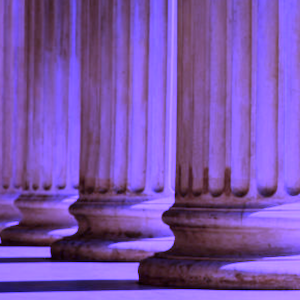As higher education increasingly becomes a target for threats and even violence, a small but high-profile set of campus leaders have been assigned personal security by their colleges.

On November 7, 2025, the U.S. Department of Education (ED) concluded its negotiated rulemaking session to implement student loan provisions of the One Big Beautiful Bill Act (OBBBA), a sweeping legislative package enacted earlier this year. The Reimagining and Improving Student Education (RISE) Committee reached consensus on all 17 proposals advanced by ED, including new limits on federal borrowing for graduate students.
In early October, the Trump administration sent letters to nine universities urging them to pledge support for key administrative priorities in exchange for access to benefits like federal funding and visa approvals, outlined in a document called “Compact for Academic Excellence in Higher Education.”
As we watch unprecedented attacks on the autonomy and independence of American higher education, it’s tempting to think this is something new…
Turnover in higher education’s top ranks is accelerating, and campuses are feeling the effects. Deloitte’s 2025 Higher Education Trends report notes that leadership roles have experienced heightened churn in recent years, with chief academic officers and chief human resources officers among the most affected.
Stakeholders say they hope the next historically Black university president addresses student housing and campus safety issues.
If a lawsuit were filed to challenge Cleveland State University’s deal with Ideastream over WCSB 89.3, lawyers could subpoena participants of an Aug. 7 closed-door meeting and depose them to learn exactly what was discussed, a longtime Cleveland attorney said
The Cleveland State University-Ideastream deal over WCSB 89.3 could be invalidated because the college did not follow Ohio public meetings law, an expert on public meetings laws said.
Dr. David Kwabena Wilson, Ed.D., serves as the 10th inaugurated president of Morgan State University in Maryland.

